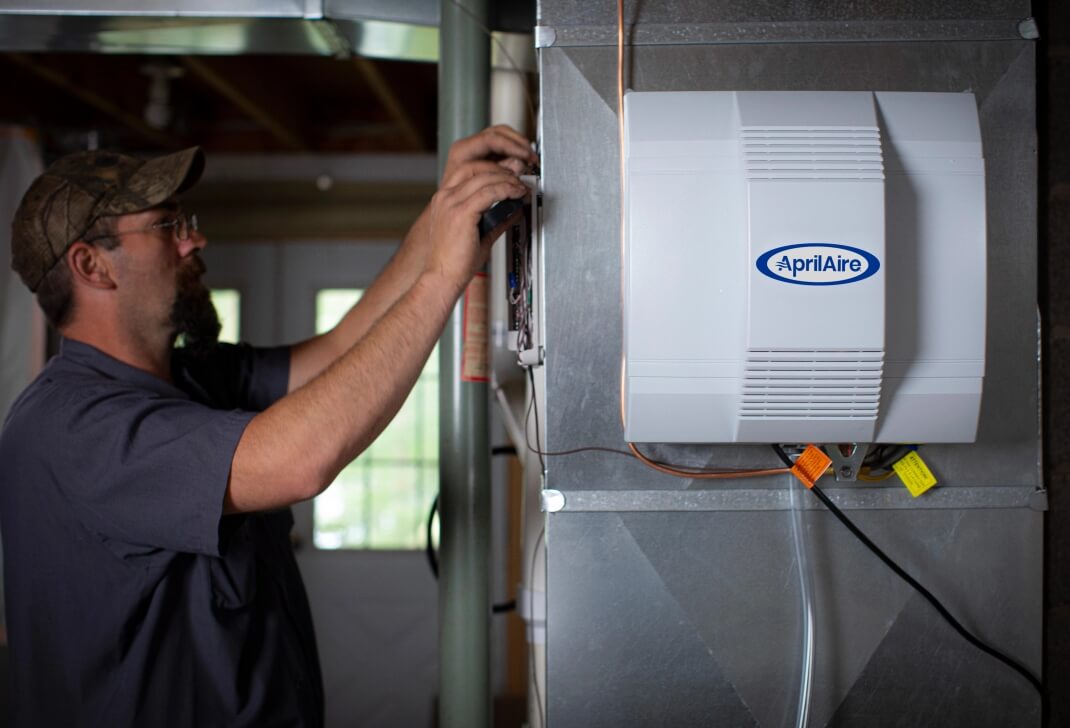Regarding heating, ventilation, and air conditioning, misinformation can lead to expensive errors and uncomfortable living conditions. Homeowners often rely on prevailing misconceptions that can cloud their understanding about HVAC systems and maintenance. Grasping the truth behind these myths is crucial for ensuring your HVAC system functions efficiently, stays dependable, and prolongs its lifespan.
In this article, we will debunk some of the most common HVAC myths that circulate in homes and online. Ranging from servicing frequency to the role of smart thermostats, we’ll cover the facts you need to know to make well-informed choices about your HVAC system. Whether you’re considering a fresh setup or simply looking to improve your current setup, this guide will illuminate essential aspects of HVAC maintenance, efficiency, and overall performance.
Essential HVAC Maintenance Advice
Routine maintenance of your HVAC system is vital for securing efficiency and longevity. One of the key aspects is replacing your air filters frequently. Clogged filters limit airflow, leading to your system work harder and possibly leading to costly repairs. It is advised to check your filters monthly and swap out them every three months, or more frequently if you have pets or allergies.
Additionally, arrange annual professional inspections for your HVAC system. During these assessments, a technician can identify and address issues before they escalate into serious problems. This preventive approach not only prolongs the lifespan of your system but also makes sure it runs efficiently, saving you money on energy bills. Remember that many manufacturers mandate regular maintenance to keep warranties active.
Another key maintenance tip is to keep the outdoor unit clear of debris. Leaves, dirt, and vegetation can hinder flow and decrease efficiency. Make sure to trim any plants that may encroach on the unit and tidy the area around it consistently. Maintaining ample space around your HVAC system will help it function optimally and reduce the risk of mechanical failures.
Recognizing Heating, Ventilation, and Air Conditioning System Issues
Being attentive to the operation of your HVAC system can avoid minor issues from developing into costly repairs. A of the primary signs that anything might be amiss is inconsistent temperatures in your home. When certain rooms are hotter or cooler than others, this inconsistency could indicate issues with air circulation, ductwork, or the unit itself. Moreover, if your system is struggling to keep the set temperature, it may be wise to examine further.

An additional common signal of HVAC problems is strange noises. Sounds such as grinding, screeching, or banging can imply that components are wearing out or have become misaligned. These noises should not be overlooked, as they frequently indicate the necessity for quick service. Furthermore, if you observe a sudden increase in your utility bills without a matching increase in usage, this could indicate that your HVAC system is functioning more than it should, possibly due to faults.
Finally, pay close attention to any changes in indoor air condition. If you begin to experience more dust buildup, lingering odors, or a increase in allergy symptoms, these are signs that your HVAC system may not be functioning optimally. Dirty air filters, vent leaks, or insufficient ventilation can lead to these problems. Routine maintenance and prompt attention to these signals can help make sure that your HVAC system operates effectively and provides a clean indoor atmosphere.
Clarifying HVAC Myths
One widespread myth is that each HVAC systems are identical, leading property owners to opt for systems without considering their individual needs. Varying homes have distinct heating and cooling needs depending on size, layout, and location. Determining the right HVAC system for your home isn't only about brand or price; it requires grasping the particular requirements of your space to guarantee energy efficiency and optimal performance.
A further, myth is that after an HVAC system is installed, it needs little to no maintenance. In reality, consistent servicing is crucial for lengthening the lifespan of the system and maintaining its efficiency. Homeowners often underestimate the importance of annual HVAC tune-ups and filter changes, which help mitigate common problems and enhance indoor air quality. Ignoring these practices can lead to financially burdensome repairs and diminished system performance.
In conclusion, numerous people believe that modern HVAC systems are free from problems merely because they are new. While modern units are designed with better technology and efficiency ratings, they are not invincible. see this can still occur, and residents should stay alert for signs that their HVAC system needs attention. Getting to know common HVAC problems and knowing when to repair versus replace can save not only time and money in the long run.
